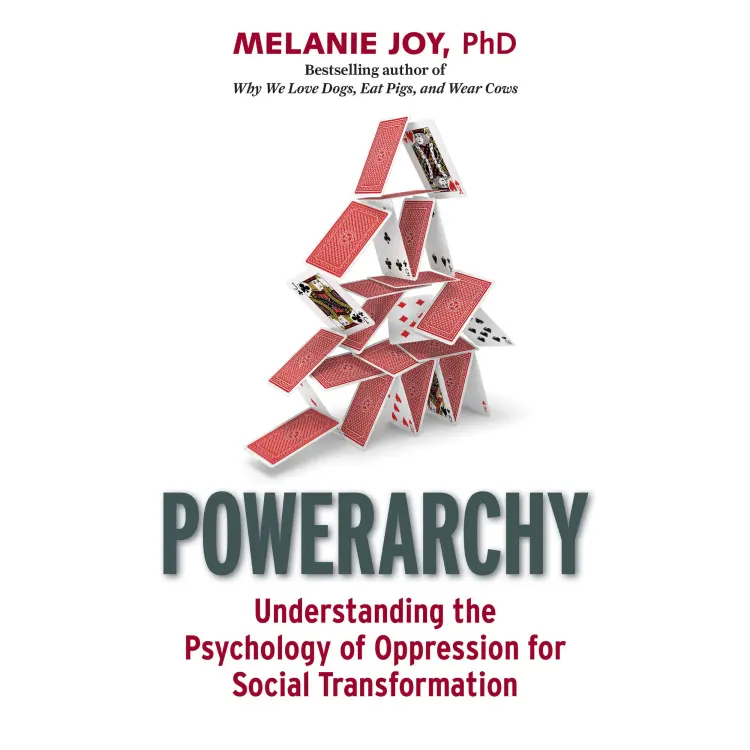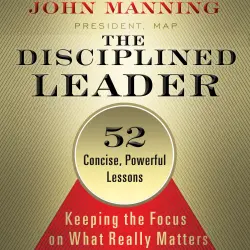
Powerarchy - Understanding the Psychology of Oppression for Social Transformation
Melanie Joy
Unabridged
5 uur 12 minuten
Opmerking: Er kunnen kosten verbonden zijn aan het afspelen van de audioboeken of hoorspelen op de respectievelijke platforms, bijv. Spotify. Lismio heeft geen invloed op welke luisterboeken en hoorspelen beschikbaar zijn op de service.
Sommige artikelen bevatten affiliate links (gemarkeerd met een sterretje *). Als je op deze links klikt en producten koopt, ontvangen we een kleine commissie zonder extra kosten voor jou. Uw steun helpt ons deze site draaiende te houden en nuttige inhoud te blijven maken. Hartelijk dank voor uw steun!
Van de uitgever
Harvard-educated psychologist and bestselling author Melanie Joy exposes the psychology that underlies all forms of oppression and abuse and the belief system that gives rise to this psychology-which she calls powerarchy.
Melanie Joy had long been curious as to why people who were opposed to one or more forms of oppression-such as racism, sexism, speciesism, and so forth-often stayed mired in many others. She also wondered why people who were working toward social justice sometimes engaged in interpersonal dynamics that were unjust. Or why people who valued freedom and democracy might nevertheless vote and act against these values. Where was the disconnect?
In this thought-provoking analysis, Joy explains how we've all been deeply conditioned by the invisible system of powerarchy to believe in a hierarchy of moral worth-to view some individuals and groups as either more or less worthy of moral consideration-and to treat them accordingly.
Powerarchy conditions us to engage in power dynamics that violate integrity and harm dignity, and it creates unjust power imbalances among social groups and between individuals. Joy describes how powerarchies-both social and interpersonal-perpetuate themselves through cognitive distortions, such as denial and justification; narratives that reinforce the belief in a hierarchy of moral worth; and privileges that are granted to some and not others. She also provides tools for transformation.
By illuminating powerarchy and the psychology it creates, Joy helps us to work more fully toward transformation for ourselves, others, and our world.
Melanie Joy had long been curious as to why people who were opposed to one or more forms of oppression-such as racism, sexism, speciesism, and so forth-often stayed mired in many others. She also wondered why people who were working toward social justice sometimes engaged in interpersonal dynamics that were unjust. Or why people who valued freedom and democracy might nevertheless vote and act against these values. Where was the disconnect?
In this thought-provoking analysis, Joy explains how we've all been deeply conditioned by the invisible system of powerarchy to believe in a hierarchy of moral worth-to view some individuals and groups as either more or less worthy of moral consideration-and to treat them accordingly.
Powerarchy conditions us to engage in power dynamics that violate integrity and harm dignity, and it creates unjust power imbalances among social groups and between individuals. Joy describes how powerarchies-both social and interpersonal-perpetuate themselves through cognitive distortions, such as denial and justification; narratives that reinforce the belief in a hierarchy of moral worth; and privileges that are granted to some and not others. She also provides tools for transformation.
By illuminating powerarchy and the psychology it creates, Joy helps us to work more fully toward transformation for ourselves, others, and our world.











